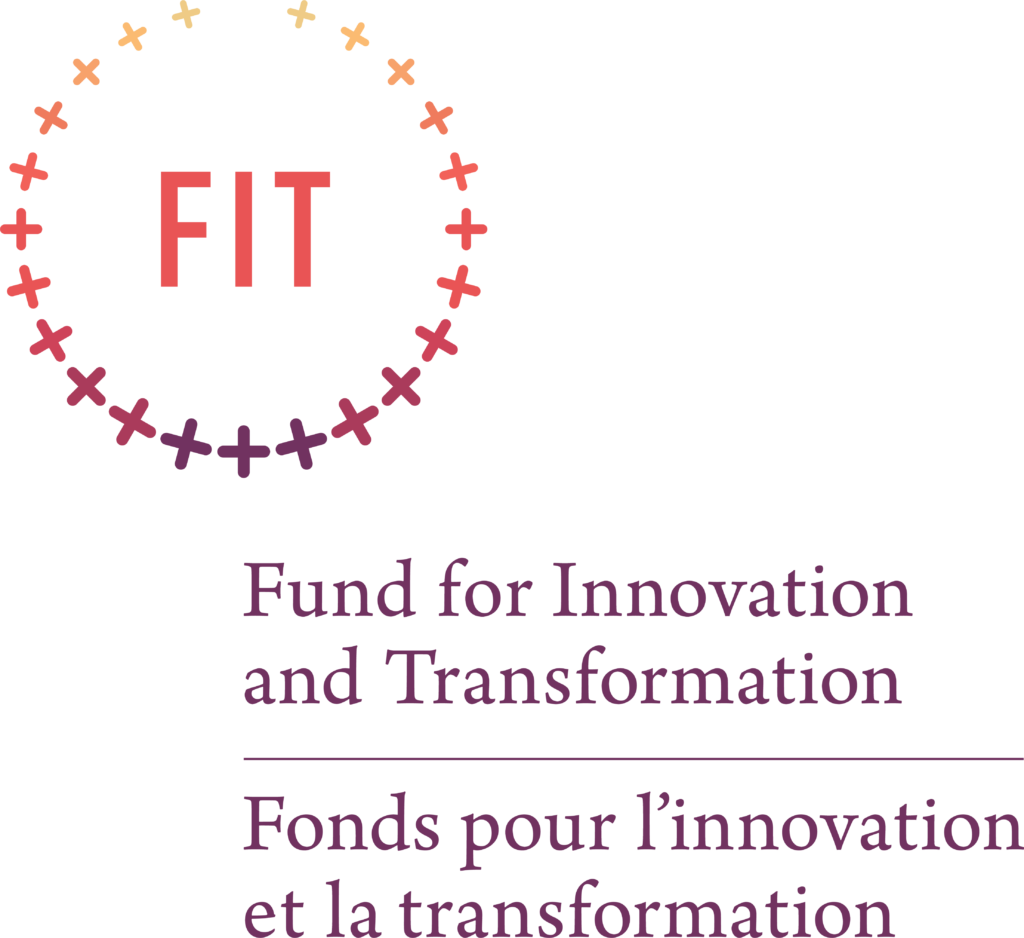Are you ready to continue your games-based learning journey?
So, you participated in our introductory webinar on simulation games and games-based learning for humanitarian workers in Jordan. Or maybe you missed the webinar, but you’re interested in the topic. Now what?
If you’re excited to learn more, consider signing up for our free workshop on games-based learning, supported by FIT, ICN, and GAC!
Quick links:
- Admission form: https://forms.gle/6pmkumZzY6u1yCJG9
- Admission criteria: https://llst.ca/wp-content/uploads/2021/01/Promoting-Community-Based-Simulation-Development-Workshop-Application-Criteria-Overview.pdf
- Information about the workshop: https://llst.ca/wp-content/uploads/2020/12/Community-Based-Simulation-Development-Workshop-Outline-English.pdf
- Sample games: https://llst.ca/2020/12/07/digital-humanitarian-learning-games-for-independent-experiences/
- Details in Arabic: https://llst.ca/promoting-community-based-simulation-development-workshop-arabic/
What am I signing up for?
The entire workshop runs from February to October 2021, is completely free, and consists of three phases.
Phase 1: Online Training Sessions – February to April 2021
- Participants will take part in five weeks of online training sessions that teach the basics of simulation game development (2 one-hour sessions per week).
- Participants will work in teams to complete a simulation game design document, creating the blueprints for your own simulation designed to meet your organization’s training needs.
- Time commitment: two hours of online sessions per week, plus 20 minutes of self-guided learning per week, for five weeks between January and March.
Phase 2: Simulation Development – April to June 2021
- Now that you and your team are simulation game experts-in-training, you have three months to transform your custom simulation game design from blueprint to reality.
- With the support of a simulation design expert, you will apply what you have learned and create your own simulation.
- Time commitment: two hours of team design per week, for eight weeks between April and June.
Phase 3: Simulation Delivery – July to October 2021
- You’ve built a cutting-edge educational tool—now it’s time to try it out! We will help you to create your evaluation framework, organize the first run of your simulation, and then deliver your simulation to your organization or team.
- Time commitment: at least three hours of simulation delivery, depending on the complexity of the exercise you develop.
What do I get out of it?
You will get a lot out of this free training opportunity!
- Cutting-edge theory and applied experience in simulation and learning game design.
- An e-certificate in learning game design from Lessons Learned Simulations and Training (LLST), CRISP Berlin, and Save the Children UK.
- Your own training simulation that meets a training need of your organization, designed and owned by you!
- Six months of one-on-one time with a simulation design expert to support you in developing and running your own simulation.
- Ten hours of unique, live online training sessions with simulation design experts from LLST, CRISP, and the Save the Children UK Humanitarian Capacity Building Team.
All completely funded by FIT, ICN, and GAC.
Who should sign up?
We ask that participants sign up in teams of 2–5 people from their organization. This will help you to distribute the workload and ensure that your simulation is relevant to the training needs of your organization.
There are plenty of spaces available in the workshop, and everyone is welcome to apply! We especially encourage people who are early in their careers and those who might not otherwise have the chance to engage in an eight-month training opportunity to apply.
We are committed to gender equity and equal access. Please see the Admissions Criteria for more information on applicant and organization profiles.
What do you expect of me when I sign up?
If you sign up for the workshop, we trust you to complete all three phases. This means committing to:
- Attending all training sessions.
- Designing a simulation.
- Delivering the simulation you have designed.
This is a serious commitment. The workshop will take several hours per week for six to eight months to complete. But remember that you will be working in teams and will be able to support each other. We know humanitarians have busy schedules, and we want to ensure that anyone who wants to participate is able to do so!
What exactly will I learn?
We’re glad you asked. Here is a provisional outline of the workshop series.
Workshop Learning Outcomes
Upon completion of the workshop, participants will be able to:
- Define learning games and basic game structures.
- Describe how learning games can be used effectively to improve humanitarian training.
- Compose learning objectives that are appropriate to the strengths and weaknesses of learning games.
- Design a simple single-system learning game in a sensitive, respectful, and inclusive manner.
- Apply basic psychological knowledge in learning game design.
- Conduct playtesting to gather data for improving learning game designs.
- Produce preparatory materials for briefings, debriefings, and facilitation guides.
- Facilitate simple learning games for a small group of participants, including briefings and debriefings.
Keep in mind that, when you complete the workshop, you will have six months to apply what you have learned with the guidance and support of simulation design experts.
Online Training Session Outline and Learning Objectives
Here is a unit-by-unit breakdown of the workshops and the learning objectives for each unit.
Upon completion of each unit, participants will be able to:
Unit 1: Getting Started
- Define learning games.
- Identify the strengths and weaknesses of learning games as educational tools.
- Describe the importance and purpose of briefings and debriefings for learning games.
- Choose an appropriate subject to simulate in a learning game.
Unit 2: Experience a Learning Game
Unit 3: Learning Game Psychology
- Describe how forgetfulness and repetition relate to learning.
- Discuss the role of motivation and engagement in learning.
- Explain how user experience impacts learning game effectiveness.
- Identify meaningful decisions to simulate in a learning game.
- Illustrate how predictability relates to meaningful decision-making.
- Give examples of emotional reactions that learning games can produce.
Unit 4: Simulation Learning Outcomes and Evaluation
- Compose SMART learning objectives and outcomes that are appropriate to learning games.
- Develop performance indicators, learning assessment tools, and self-assessments.
- Explain the importance of briefings and debriefings for achieving simulation learning outcomes.
- Evaluate the effectiveness of learning games.
Unit 5: Systems, Genres, and Structures of Learning Games
- Discuss how the Mechanics, Dynamics, and Aesthetics framework relates to learning games.
- Identify relationships between learning game genres and learning outcomes.
- Associate basic game structures with learning outcomes.
Unit 6: Gaming Humanitarian Topics: Gender, Sensitivity, Respect, and Inclusivity
- Define gender, sensitivity, respect, and inclusivity.
- Explain the role of gender, sensitivity, respect, and inclusivity when simulating humanitarian scenarios.
Unit 7: Roles
- Discuss the concept of “Aidland” and the effects of humanitarian isolation.
- Illustrate the role of perspective in defining humanitarian crises.
- Produce asymmetric briefings that promote realistic viewpoints and behaviours in learning games.
- Prioritize the inclusion of stakeholders in simulation design.
Unit 8: Facilitation Strategies and Writing Rules
- Communicate complicated rule-sets to participants in text documents and/or presentations.
- Create “just-in-time” rules that allow participants to engage with learning games quickly.
- Assess learning games for overly complex moments of cognitive overload.
- Integrate subject-matter experts into game design and facilitation.
Unit 9: Playtesting: Fail Faster
- Describe the role of playtesting for the iterative design of learning games.
- Develop “early and often” playtesting timelines.
- Compose playtesting plans to “stress test” learning game systems and gather data.
- Revise learning games based on results from playtesting.
Unit 10: Bringing It All Together
- Review material
- Reflect on our collective learning journey
- Introduce advanced topics for further learning.
Who is delivering the training?
This workshop is delivered by:

Lessons Learned Simulations and Training: LLST is a professional development training firm for humanitarian workers, with a methodological emphasis on interactive simulations and activities. Our simulations require participants to step into the shoes of stakeholders, to consider the unfolding of a crisis from different points of view. By highlighting immersive learning over static teacher/student oriented lectures, our trainings promote independent thinking, critical engagement with humanitarian norms and assumptions, problem-solving skills, and nuanced understandings of the political and social dynamics of humanitarian relief efforts.

CRISP Berlin: CRISP is a global pioneer in classroom-based simulations with a focus on conflict transformation and civic education. CRISP’s activities mainly target young civil society activists interested in experience-based learning. Through the use of simulation games enriched by role-play elements, CRISP aims to create a self-organizing, holistic, and highly hands-on learning culture.

The Save the Children Humanitarian Capacity Building Team (UK/MEEE): The HCB Team is a global champion of games-based learning in the humanitarian sphere. They support multiple initiatives in the use of simulation games for teaching and learning, including the work of the Humanitarian Leadership Academy and Kaya on gamification.
How are you able to offer this training for free?
The Community-Based Simulation Development Project is made possible by the Fund for Innovation and Transformation. FIT is funded by the Inter-Council Network and Global Affairs Canada.



